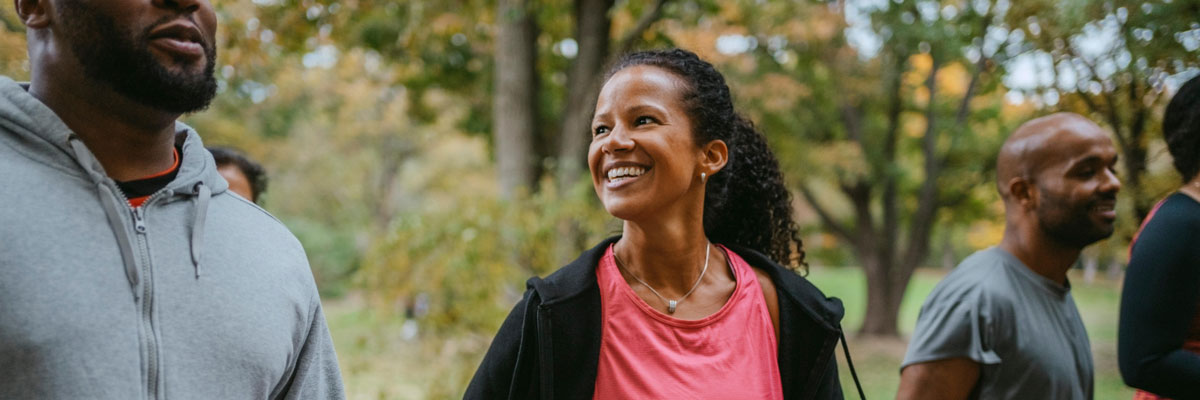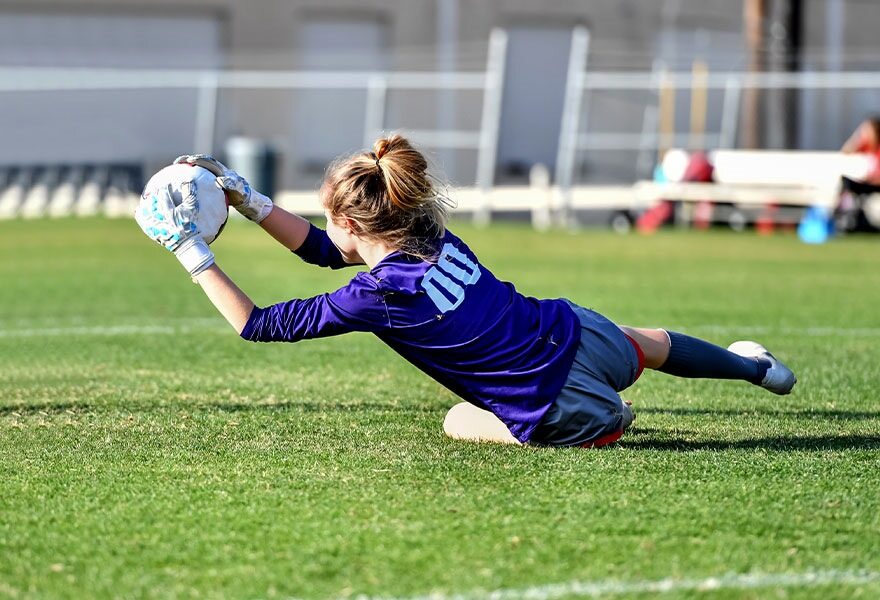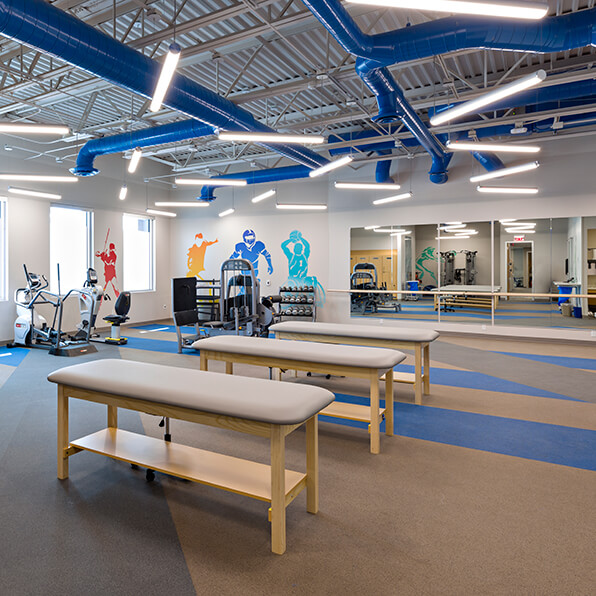While anti-inflammatory analgesics (painkillers), which include acetaminophen, aspirin, and non-steroidal anti-inflammatory drugs (NSAIDs) such as ibuprofen and naproxen, reduce inflammation, opioids work by changing the way the brain perceives pain and are highly addictive. Long-term dependency on these drugs rises after only five days of prescription use, increasing the risk of addiction and overdose. They can also cause complications such as constipation and an upset stomach.
Between 1990 and 2017, deaths related to opioids increased sixfold, and because orthopedic and spine surgeons account for 30% of opioid prescriptions, Kelechi Okoroha, M.D., orthopedic surgeon, Mayo Clinic Orthopedics and Sports Medicine, and team physician for the Minnesota Timberwolves, has been at the forefront of researching and implementing an approach that eliminates opioids following common sports surgeries – with promising results. “As health care providers, we are in a unique position to have a large impact on the opioid epidemic and on decreasing opioid-related deaths by limiting our prescriptions of these drugs,” he says.
Protocol
This multimodal non-opioid pain regimen focuses on adequately controlling patients’ pain postoperatively, without the use of any opioids. “We’re able to do that,” explains Dr. Okoroha, “by targeting various pain receptors with multiple non-opioid drugs.” The protocol consists of:
- Preoperative analgesic (namely, receiving a nerve block before surgery)
- Intraoperative local infiltration analgesia
- Postoperative pain management regimen using medications such as acetaminophen to target pain, NSAIDS (nonsteroidal anti-inflammatory drugs) to target postoperative inflammation, and muscle relaxants to control muscle cramps and spasms
Results
In four separate randomized clinical trials of common sports medicine/orthopedics surgery, one group of participants received a standard opioid regimen, while the other followed the non-opioid pain management protocol. The most common side effects were drowsiness, dizziness and gastrointestinal symptoms, and the results showed that the non-opioid regimen is at least as, if not more, effective than traditional opioid regimens:
ACL surgery
- Non-opioid group had lower pain scores
- No difference in outcome scores
- No difference in side effects
Meniscus surgery
- No difference in pain scores
- No difference in outcome scores
- No difference in side effects
Shoulder labral surgery
- Non-opioid group had lower pain scores
- Non-opioid group improved pain interference score
- No difference in side effects
Rotator cuff surgery
- Non-opioid group had lower pain scores
- Non-opioid group had improved pain interference score
- Non-opioid group had decreased constipation and upset stomach
Dr. Okoroha is the senior author of two of these studies, published in the August 2020 and July 2021 issues of Arthroscopy: The Journal of Arthroscopic & Related Surgery. “This is really game-changing research,” says Dr. Okoroha. “We’ve found that [non-opioid pain-management] is effective in common sports surgeries… and unless the patient has a condition that requires opioids, it’s become the norm here at Mayo Clinic for our sports surgeries. Our goal is to implement it in other surgeries and hopefully decrease the opioid burden worldwide.”
For more information, or to make an appointment, please visit sportsmedicine.mayoclinic.org.






